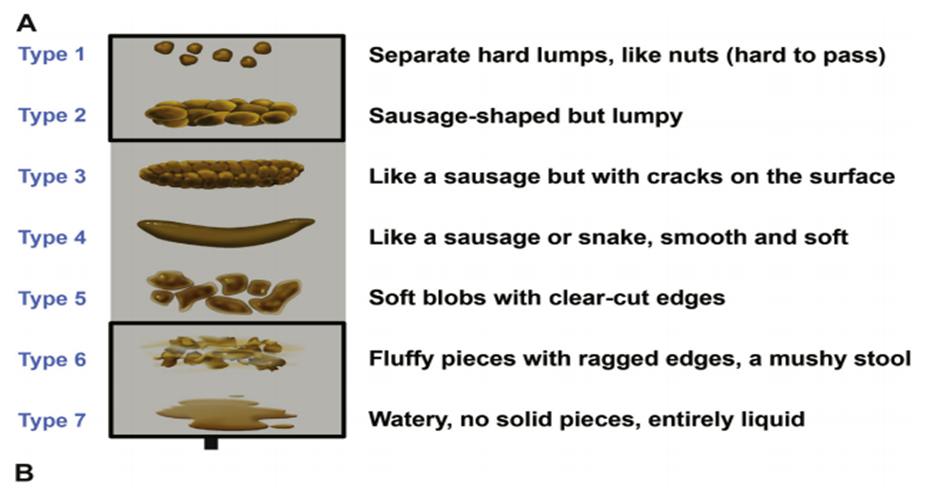Commonly constipation refers to a change and decrease in bowel movements. Patients may feel like having hard stools that are difficult and painful to pass.
Constipation
- Irregular bowel habits, reduced physical activity and older age can cause constipation.
- Diets that are high in fats, refined sugar, and low in fiber can cause constipation.
- Poor water intake can contribute to constipation.
- Certain medical conditions including irritable bowel syndrome, intestinal obstruction, pregnancy, thyroid conditions, and neurological disorders can cause constipation.
- It can occur as a side effect of some medications and sometimes laxative abuse.
- Change your lifestyle: increase mobility and exercise.
- Increase daily water intake.
- Take leafy vegetables and high fiber diet.
- Be punctual to your routine, spare proper time for the bowel movements in the morning.
- Go to the bathroom when you feel the urge to have a bowel movement. Do not hold a bowel movement as it can lead to progressive constipation.

- A doctor usually goes by detail clinical history and physical examination for finding the cause of constipation.
- Only in a subset of cases a battery of investigations are done to look for metabolic problems like diabetes, thyroid disorders and problems of calcium.
- An abdominal x-ray, Ultrasound of abdomen and/or CT scan may be required in a few cases.
- In some cases Colonoscopy is done (Know More).
- Some times advance tests like Ano-rectal manometry or colonic transit study is done.
Apart from the diet and lifestyle changes above, the main-stay of treatment remains treating the underlying cause.
Multiple types of laxative preparation are available in the market. Your doctor will select the most suitable preparation for you to get you relieved from constipation.
Copyright ©2022 all rights reserved

